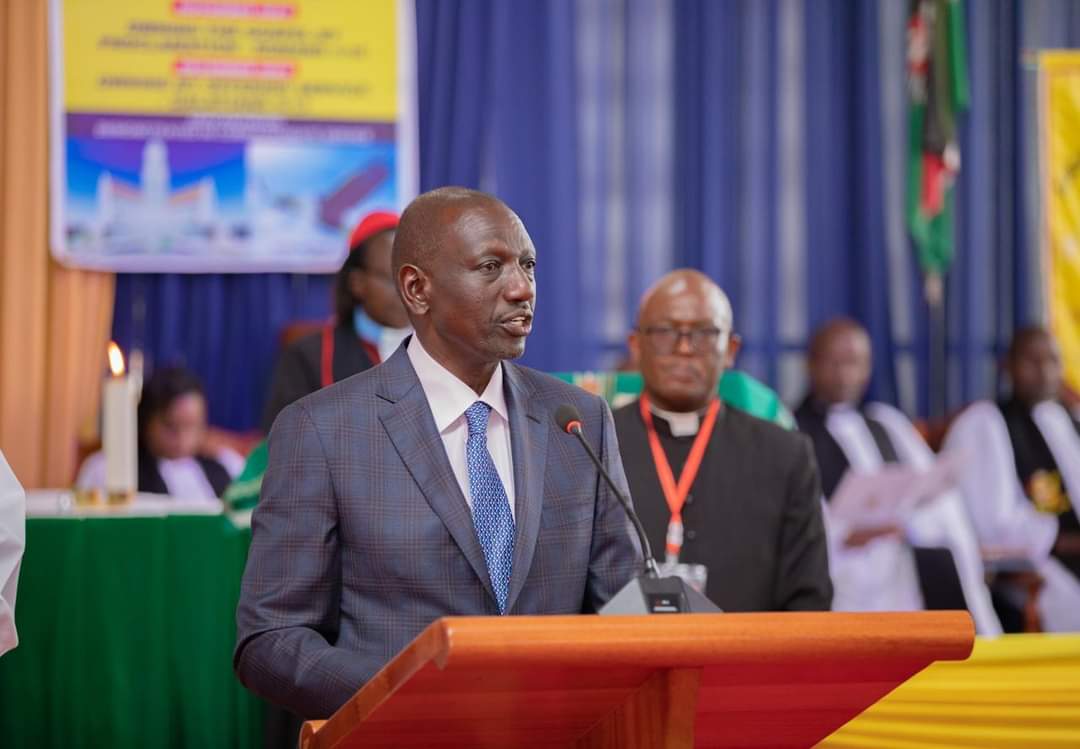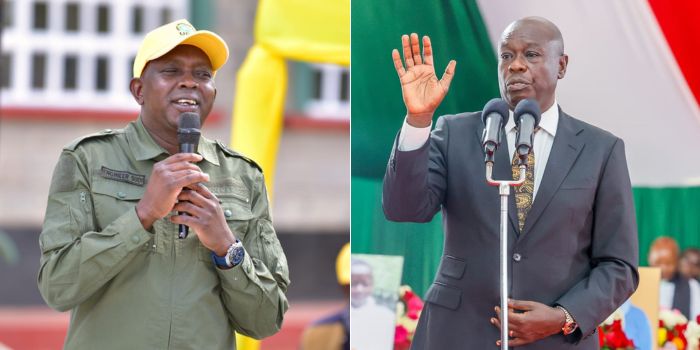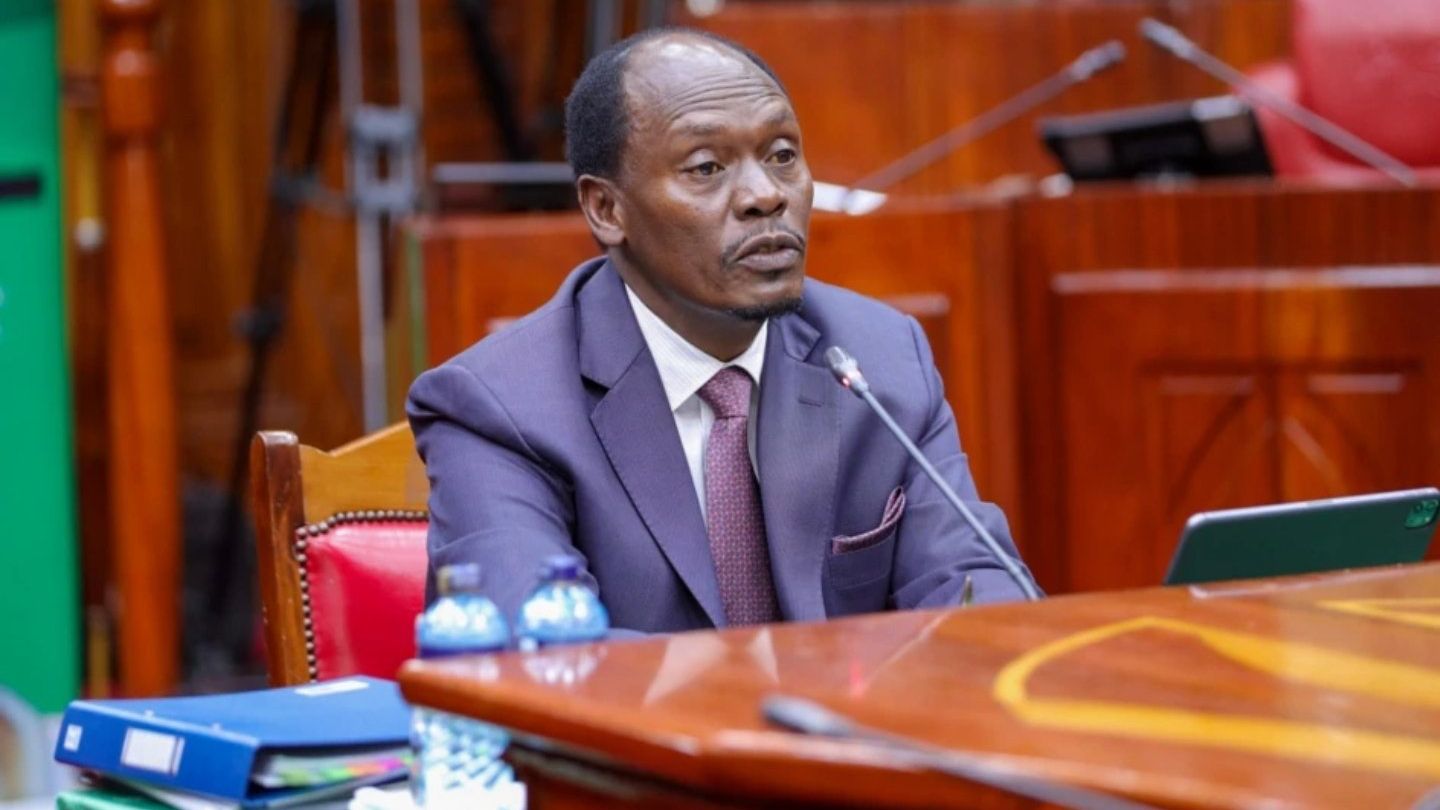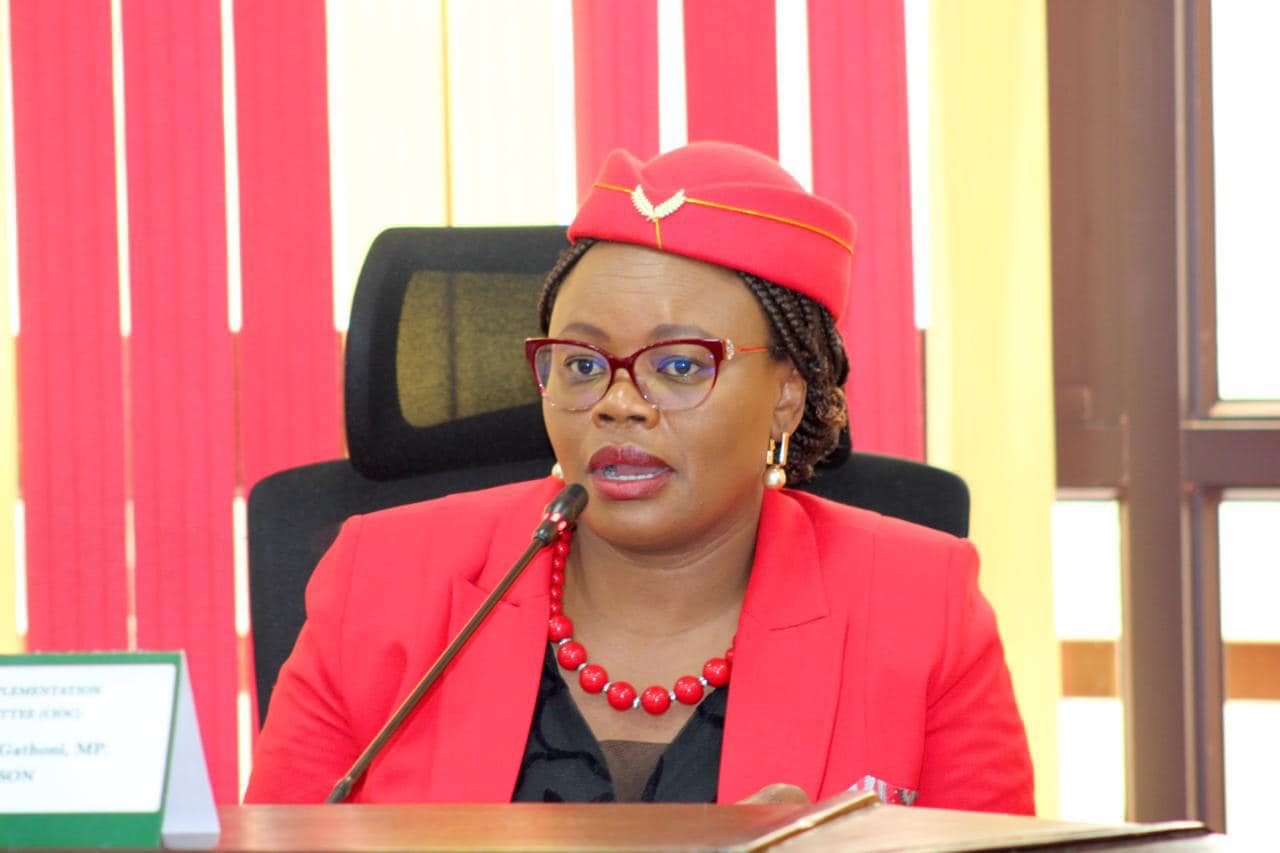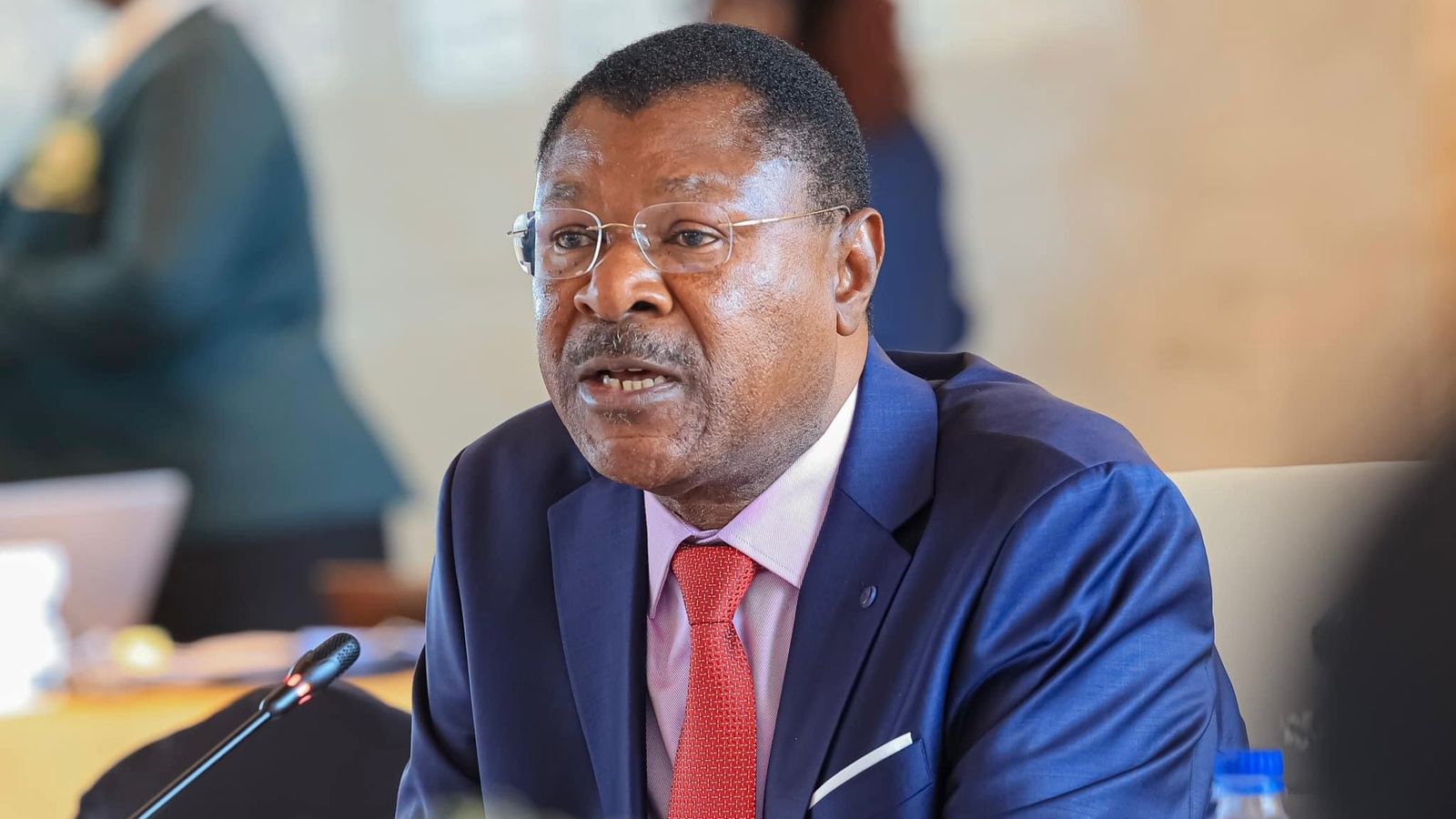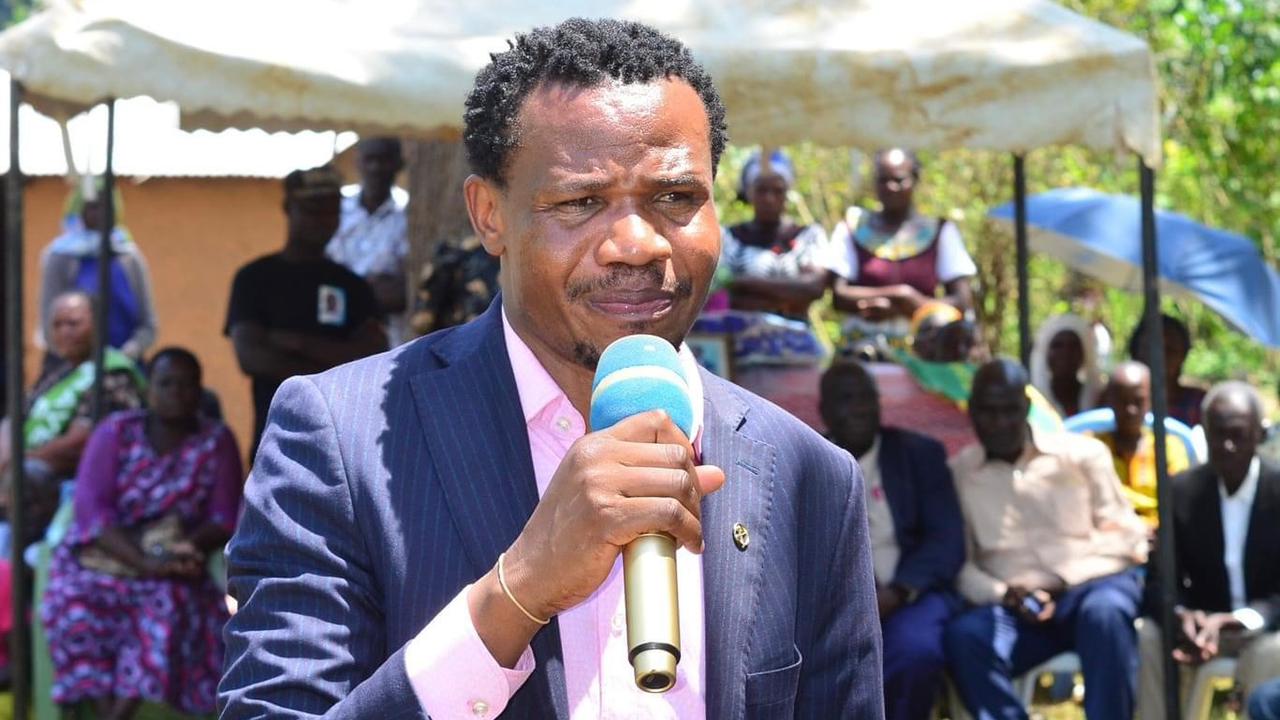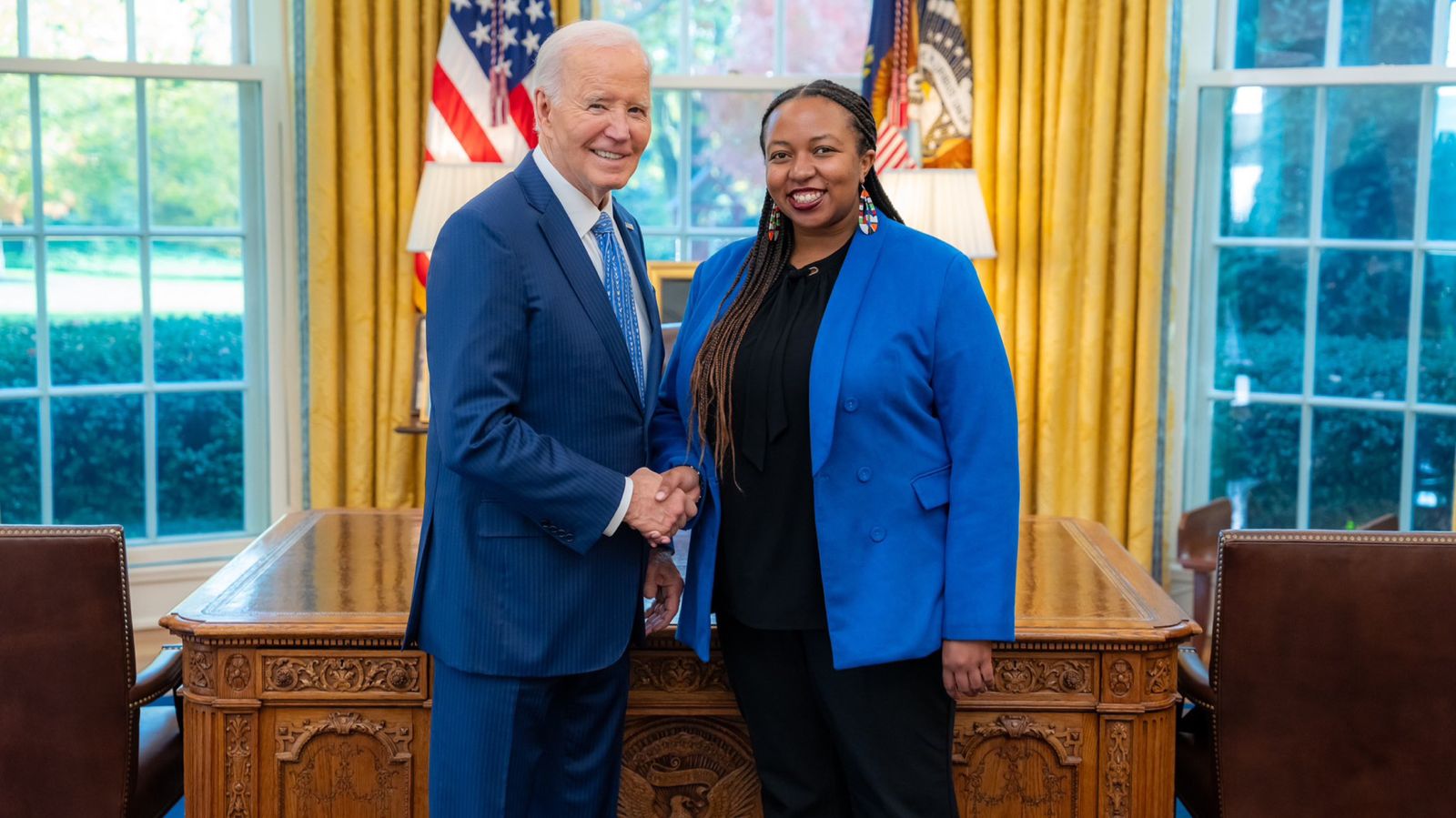President William Ruto on Monday, September 4, opened the African Climate Summit at the Kenyatta International Conference Centre (KICC), Nairobi.
Here is the full speech by the Head of State;
1. I am deeply honoured to have this opportunity, on behalf of the people and government of Kenya, to extend a warm welcome to you all to Nairobi, our capital city, and to Kenya. We are truly proud to have you all here, and it is my hope that you are experiencing the best of our renowned hospitality, all the exciting and delightful attractions that abound in Magical Kenya.
2. Nairobi is the only city in the world that has a national wildlife park at one end, and a closed canopy forest on the other. It is the host city of the global headquarters of the United Nations Environment Programme. Our credentials as Africa’s Green City in the Sun are well established.
3. I welcome all the delegates who responded positively to Africa’s call to gather at this inaugural Africa Climate Summit, in order to imagine, design and then build a future of prosperity for Africa and the world. You have not just stepped into a conference hall; you have entered the future—a future ripe with potential, driven by global partnerships, committed to African prosperity, inclusive growth, and a liveable planet for all.
Read More
4. Clearly, therefore, this is no ordinary summit. We are not here just to talk about Africa or climate change in the usual way, which often accentuates our divisions—north versus south, developed versus developing, polluters versus the victims. And even within our own governments, economic development, so badly needed for us to achieve stable and dignified livelihoods, is often cast as a trade off with environmental stewardship as if they are mutually exclusive, when in fact they must be positively reinforcing.
5. Let me be clear, these conversations are necessary. Africa’s carbon footprint remains small, but the human toll of climate change is disproportionately high. The urgency to address loss and damage, and to configure appropriate financial mechanisms for resilience grows with each extreme weather event and each bout of climate-induced insecurity. A complex interplay of needs and responsibilities is a daily challenge, but it should not lead to a deadlock. We must be alert to the fact that they can sometimes blind us to the bigger picture.
6. Delivering prosperity and wellbeing for Africa’s growing population without pushing the world deeper into climate disaster is not an abstract proposition or mere wishful thinking, it is a real possibility proven by science and affirmed by emerging experience. An opportunity-oriented focus on climate action is the engine for propelling Africa into a realm of stability and prosperity, elevating us to middle-income status and beyond.
7. This context is precisely what sets this Climate Summit apart from others. It aims to unite us – across neighbourhoods, across sectors and institutions, across country borders, across continents and across generations. It is because we all have a shared stake in the Earth's ability to sustain life, that we must envision together a future that embraces the values of equality, human security, and shared prosperity.
8. Africa possesses all the necessary conditions to realise this future. Our foremost asset is our young and growing workforce, educated, skilled and motivated to pursue industry, innovation and enterprise. We have ample renewable energy potential, and the natural assets and resources to green our own consumption, and meaningfully contribute to decarbonisation of the global economy. We must see in green growth not just a climate imperative, but also a fountain of multi-billion-dollar economic opportunities that Africa and the World is primed to capitalise on.
9. We are brought together by a clear understanding and deep concern about the inadequacy of our present means, in terms of institutions and available finances, to deal effectively with the magnitude of our collective threats and challenges. But we will not shy away from the difficult conversations and uncomfortable realities that must be faced to achieve meaningful change. Policy, regulation, taxation, trade, and climate justice will all be scrutinised, in national, regional and global contexts. Yet the way we frame these discussions matters. I invite all to adopt an "opportunity lens" as we navigate these complex dialogues.
10. We are not here to catalogue grievances and list problems. We are here to scrutinise ideas, assess perspectives, and unlock solutions. The very format of this Summit has been designed to facilitate such engagements. Over the next three days, be ready to be challenged in this dynamic ecosystem of dialogue and discovery. African and global leaders, innovation trailblazers, experts, investors, and captains of industry are here to explore the opportunities, tackle the barriers, and scale up solutions.
.jpg)
11. While I cannot encapsulate the breadth and depth of our full program within my opening remarks, allow me to outline the overarching theme: the unparalleled opportunity that climate action represents for Africa.
12. This occasion summons us to contemplate the full range of possibilities that can be unleashed by directing investment and appropriate technology to actualise our continents’ abundant resource endowments.
Food security
13. Let us look at food production and the protection and expansion of invaluable natural carbon sinks, which stand at the intersection of our ecological and economic futures. Since 1961, Africa has witnessed a one-third reduction in agricultural productivity due to climate change; a stark reminder of the urgent need for adaptation.
14. Yet, much of the world is just waking up to the merits of restorative agriculture—a practice that already resonates with African farming practices. By building on the wealth of indigenous knowledge, we can scale, enhance, and even monetize our agricultural systems. This enables us to unlock the huge potential in our agricultural land assets, representing two-thirds of the the world’s uncultivated and underutilized arable land, to feed our growing population and do so in harmony with our invaluable natural carbon sinks.
15. Additionally, the restoration and expansion of Africa's natural carbon sinks are not just an environmental imperative; they are an unparalleled economic goldmine. They have the potential to absorb millions of tonnes of CO2 annually which should translate into billions of dollars, improved livelihoods and millions of opportunities across the continent. And all of this comes while safeguarding our rich biodiversity.
Renewable energy
16. Our renewable energy resources are not just an environmental necessity; they're the ultimate catalyst of radical socio-economic prosperity. They can fuel sustainable development, drive economic growth, create jobs, and uplift millions from energy poverty—all while reducing our carbon footprint, continentally and globally. The possibilities are not just promising; they are transformative.
17. Africa can power all energy needs with renewable resources. The continent has enough potential to be entirely self-sufficient with the mix of wind, solar, geothermal, sustainable biomass and hydropower. In fact, Africa can be a green industrial hub that helps other regions achieve their net zero strategies by 2050.
18. It is not just the volume but also the non-seasonality of our renewable energy that stands out. The nearly year-round sunshine makes Africa's solar potential particularly unique, perfectly suited to industrial energy demands—something that is more challenging in temperate climates.
19. Kenya serves as a good example of what is possible. Our national grid currently operates at 3 Giga Watts, with 92% of that power being renewable. Our ambition is audacious yet achievable: 100% renewable by 2030 and a 100 Giga Watt grid, entirely renewable, by 2040.
20. A serious challenge in bridging the investment gap in order to enable the continent to meet its energy needs, is the creation of demand on sufficient scale to provide incentives for appropriate private investment in energy infrastructure development.
21. Industrial energy at scale is therefore necessary to anchor energy demand, as a means of tackling the widespread energy poverty still prevalent across the continent. The numbers are stark: nearly 600 million Africans lack access to electricity, another 150 million grapple with unreliable power, and almost a billion have no access to clean cooking energy. But the abundance of our renewable resources, the possibilities offered by new technologies and opportunities created by new climate financing, offers enormous possibilities. We have the capability to provide reliable, and cost-effective energy access to all Africans by 2030.
Industrial opportunity
22. The green transformation of both production and consumption is not optional—it's an imperative. The global demand for such solutions is already gaining momentum.
23. Our strategic proximity to substantial reserves of metals and minerals necessary for the global energy transition, makes Africa an attractive candidate to become a global hub in green industrial supply chain, from refining metals and minerals to constructing and assembling electric vehicle battery and other components.
24. Let me invite you to this unprecedented geo-economic opportunity for Africa. We are already key players in the extraction of these minerals, but much of the higher-value addition—smelting, refining, assembly, and even the production of electric vehicles (EVs)—happens elsewhere. Let's put some numbers to add to this perspective.
25. By 2025, the mining of battery-critical minerals like nickel, lithium, and cobalt is estimated to generate around $11 billion in value. However, if we take the next step and engage in value-added activities like refining these minerals into industry-grade metals, that value could quadruple to $50 billion. And if we consider the end-to-end value chain for electric vehicles, including the battery pack and all other components, the market value skyrockets to an astonishing $7 trillion.
26. What these figures clearly demonstrate is that Africa can no longer afford a minimalist ‘short-termist raw-material-based approach’. The time has come for us to break out of the shackles of low ambition. We must now begin to aim higher and strive for more, and better outcomes. And as we work towards capturing more economic value from these opportunities, we are not just building a resilient and prosperous continent; we are also contributing to a more balanced and stable global economy.
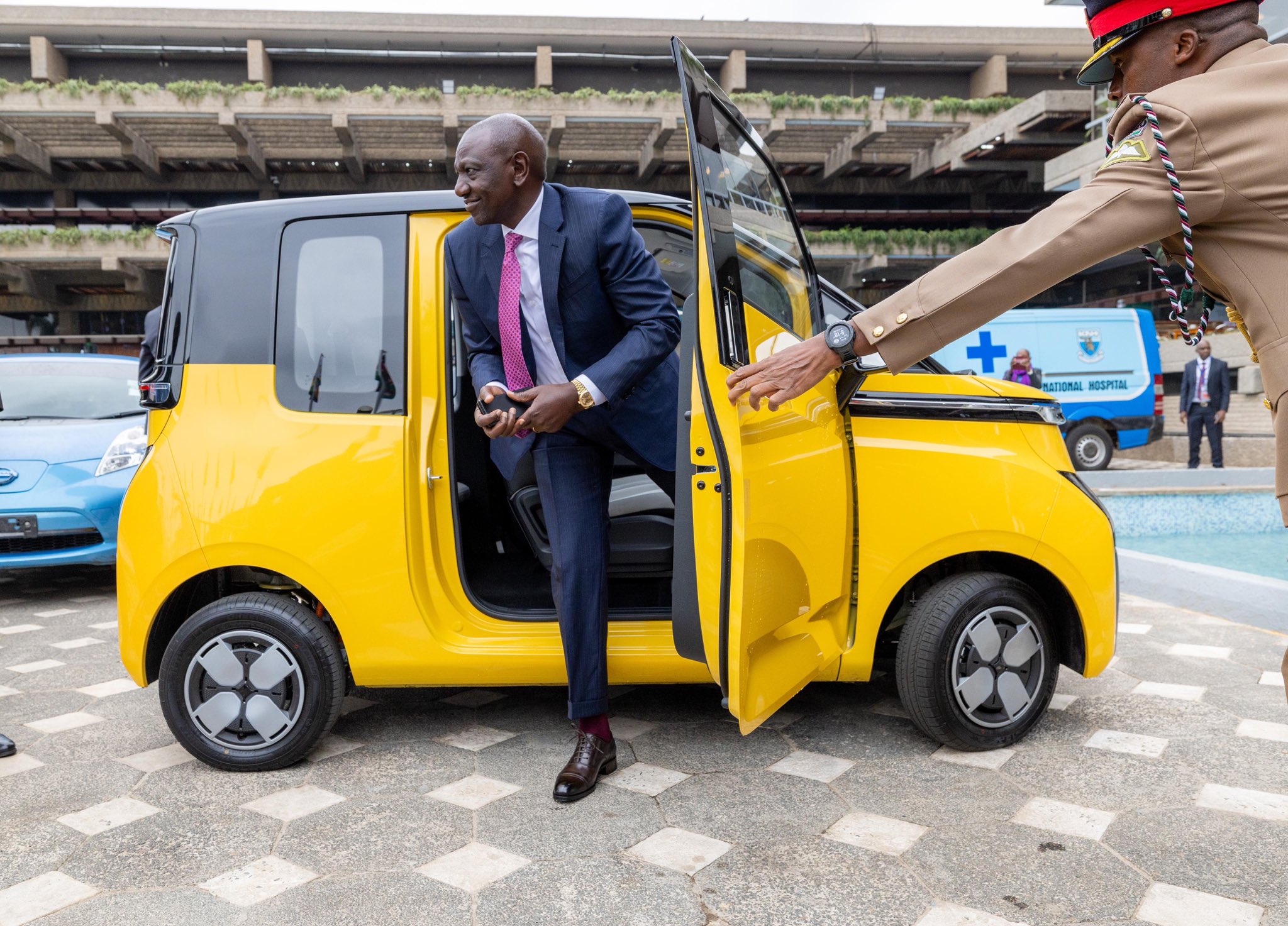
Excellencies, Ladies and Gentlemen,
27. Trillions of dollars globally are looking for ‘green investment opportunities’ as the pressure to tackle the climate crisis heightens. Africa holds the key to accelerating decarbonisation of the global economy. We are not just a continent rich in resources; we are a powerhouse of untapped potential, eager to engage and fairly compete in the global markets.
28. Consider this: every year, Africa needs to generate approximately 30 million new jobs to accommodate its rapidly expanding workforce. These are not just numbers; these are 30 million opportunities to build our future, 30 million dreams that can be fulfilled through climate-proof avenues of growth and 30 million steps towards shared prosperity. The examples I have shared with you are not mere statistics; they are pragmatic routes for Africa to not only participate in the global economy, but to excel and grow.
29. I accept that it is one thing to say what is possible, and entirely another to make it happen. Infrastructure is expensive. It needs finance, and finely tuned policies to attract investors. It needs technical know-how and agile institutions. A major concern is cost-of-capital in Africa, acting as a most prohibitive barrier to our progress. Private investors charge high premiums, driven by both real and mostly perceived risks. It is not a secret that we are paying at least 5 times as much as the advanced economies to borrow from financial markets.
30. Like many of us, a few years ago, I would have believed the challenges were too great and the barriers too high. Today, I see them differently, as mere tests of our collective will and ingenuity. We should develop effective policies and regulations that catalyse investment and entrepreneurship and unleash the creativity of local businesses. We must transform Africa’s resource wealth from mere potential into real opportunity, by directing large-scale investments that will actualise the possibilities that exist and await our citizens in present and future generations.
31. Make no mistake, however, for we have no choice but to approach this colossal task with clear minds and open eyes. A lot needs to happen before Africa can live up to its full potential of providing climate solutions for its citizens and to the entire world. Over the next few days, I have no doubt that African leadership will be open, honest, and direct about what we can commit and bring to the table – and the collaboration we need from our global partners.
32. My call to everyone present in this historic Summit, is for us to work together and converge our efforts on African priorities. I urge everyone to make a contribution to our generation’s unprecedented and highly consequential endeavour to catalyse climate action in a spirit of candour, collaboration, and courage. Let us imagine a pathway for different financial structures that can deliver on Africa’s goals. Let us commit to invest in viable solutions presented by renewable energy, green industrialisation, climate smart agriculture and nature conservation.
33. I am confident that we are all inspired by the possibilities before us and galvanised by the demands of this critical time, to engage productively, collaborate successfully and conclude the Africa Climate Summit with a Nairobi Declaration on a Green Growth and Climate Finance Agenda, that will commit us to pursuing a climate-positive path to propel Africa's economy and promote job creation, in a manner that limits our emissions and aids global decarbonization efforts.

Excellencies, Ladies and Gentlemen, friends,
34. This Summit is our moment to imagine a bold and radically affirmative African future.
35. We are here to envision a continent that links markets and connects resources with demand, unlocking massive economies of scale. A continent that offers an economic backbone for a decarbonized world. A continent that thrives and shapes a climate-proof future for all.
36. So, as we immerse ourselves into the array of complex issues during this Summit, let us fix our gaze firmly upon the horizon of possibilities. The future is not just something to hope for; neither is it something to merely wish or wait for, the future is for us to conceptualize and actualize starting now. That is what we have come to do at the Africa Climate Summit.
